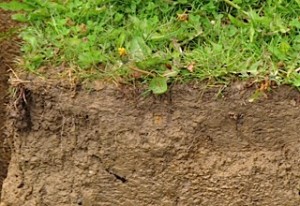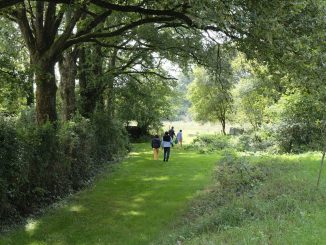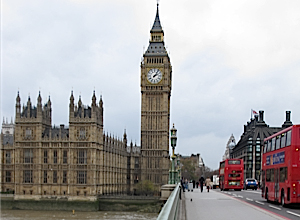
Biodiversity is usually associated with higher life forms, but soil biodiversity is vital to life on this planet, according to professor Mark Kibblewhite: “We don’t see it, we don’t know it, but we depend on it,” he told the All-Party Parliamentary Group on Agroecology in the Palace of Westminster last week, organised jointly with the Food Ethics Council.
As a soil scientist for the past 35 years, he is a soil consultant, inter alia, for the European Commission and chaired the committee that drafted the 2005 Soil Directive. “This is not yet in place,” he explained, adding that it has fallen victim to “…a blocking minority,” which includes the UK. Unsurprisingly, he observes, the UK government has no soil strategy. Like many other industrial and post-industrial countries, cities have grown and expanded over prime agricultural land. “Some of the best soil in the UK is under the runways at Heathrow!”
Also speaking at the meeting was Dr Charlie Clutterbuck, a Food Ethics Council trustee. He reminded those present that public funding for land science was in decline: “We spend more on financial services than researching soil.”
There is a case for saying that herbicides contribute to global warming, Clutterbuck argues. “Every plant is a miniature carbon capture unit,” he explains. Take away the plant and the carbon that it would have captured remains uncaptured.
Policy director of the Soil Association, Peter Melchett, recounted how manufactured nitrogen stimulated soft plant growth, which in turn generated the need for insecticides and herbicides to kill off competing weeds. The Soil Association is launching a study on this: Just Say N2O tracks the damage caused by half a century of fertilisers made from once-cheap oil, as well as arguing that organic farms release less nitrogen than their non-organic counterparts.





